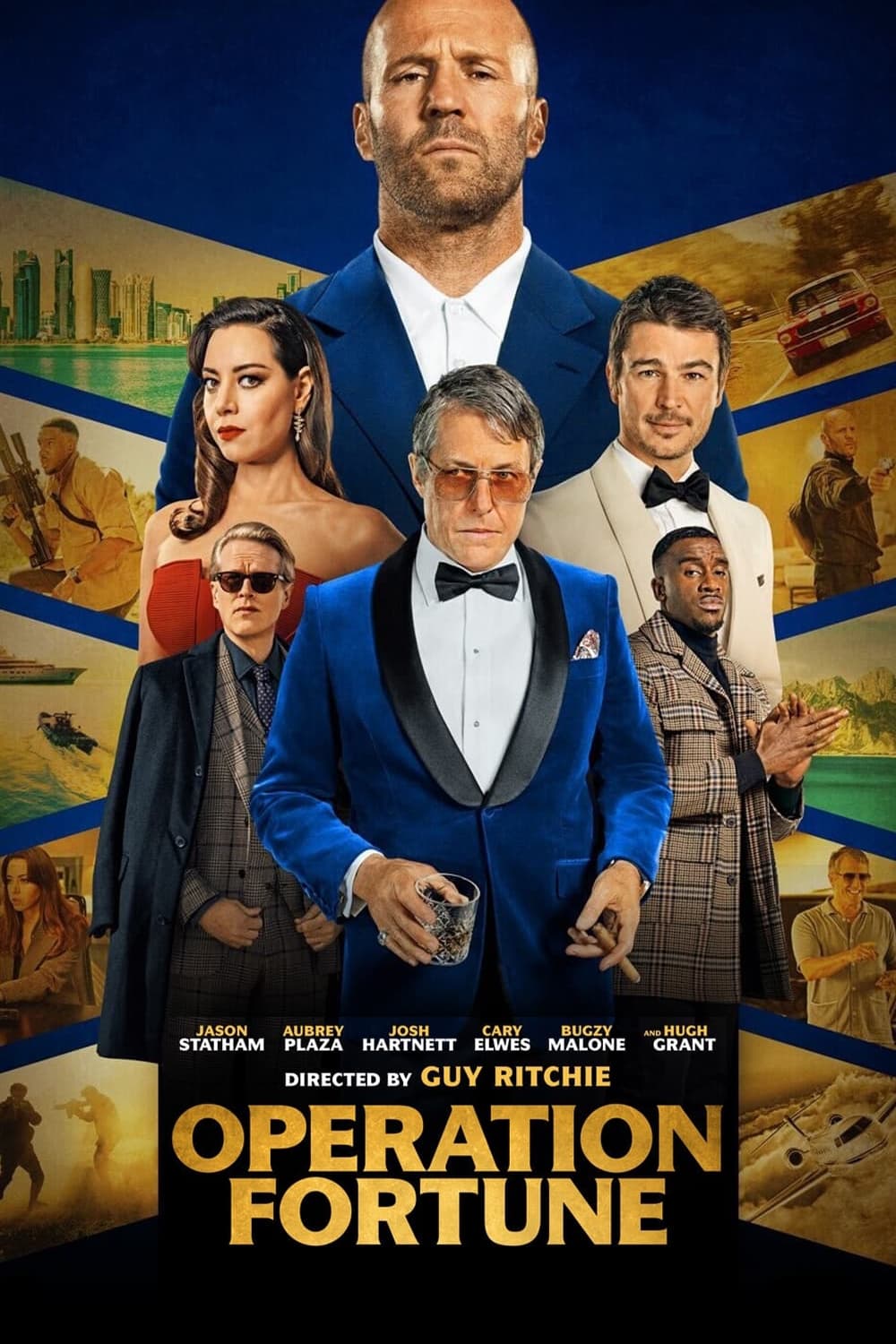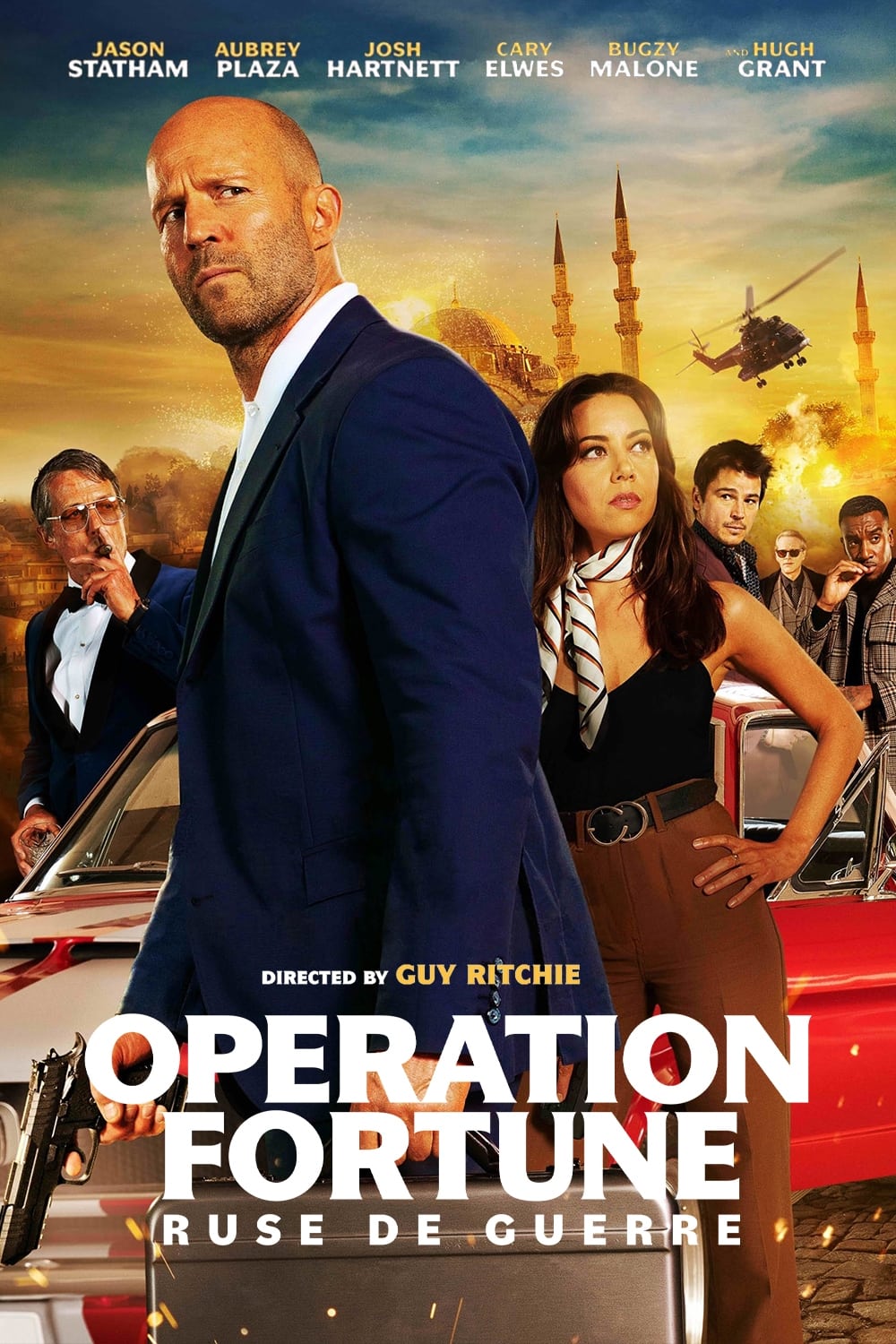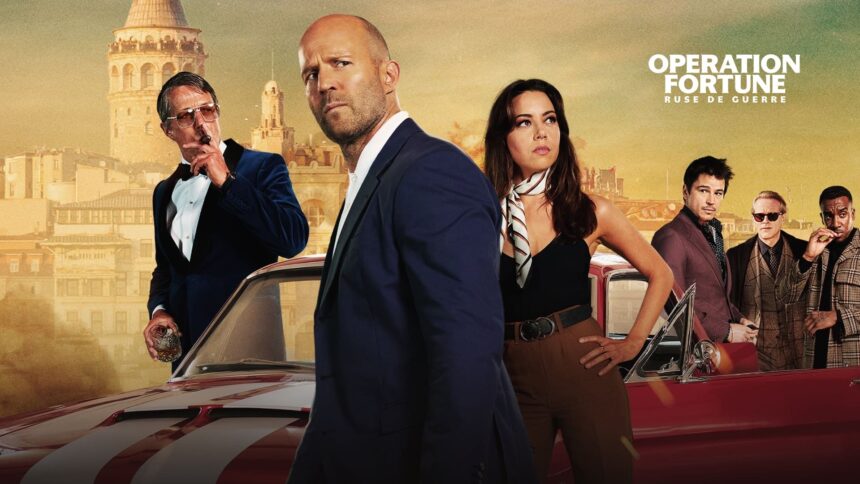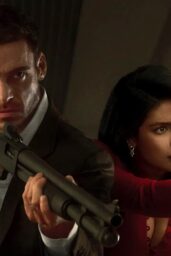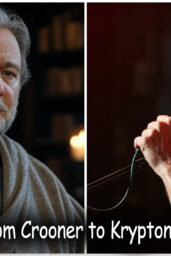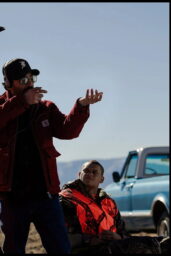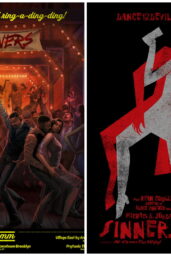Hollywood's Obsession with Trends Killed Operation Fortune
There was a time when Guy Ritchie's name alone was enough to sell a film. The man who gave us Snatch and Lock, Stock and Two Smoking Barrels practically redefined British crime cinema. But when Operation Fortune: Ruse de Guerre arrived, it barely registered. The Jason Statham-led spy flick had all the ingredients for success—witty banter, globe-trotting espionage, and an all-star cast including Aubrey Plaza, Hugh Grant, and Josh Hartnett. Yet, it landed with all the impact of a silenced pistol shot. What happened?
Blame Hollywood's obsession with trends. By 2023, spy movies were either deadly serious (No Time to Die), comedic self-parodies (The Unbearable Weight of Massive Talent), or billion-dollar franchises (Mission: Impossible). Ritchie's film straddled the line between old-school spycraft and tongue-in-cheek action, and Hollywood didn't know what to do with it.
A Victim of Circumstance—or Something Worse?
Timing was Operation Fortune's silent assassin. The film's release was delayed due to distribution issues, and by the time it finally hit screens, the marketing push was nonexistent. It was a movie without a moment. No viral trailers. No awards buzz. No grand studio push. In the world of modern cinema, where visibility is king, Operation Fortune was practically invisible.
It didn't help that the industry was still recovering from pandemic-era chaos. Mid-budget action films were being swallowed whole by streaming giants, and theatrical releases were reserved for either Oscar bait or guaranteed billion-dollar IPs. In that environment, a smart, stylish spy caper had little chance of breaking through.
A Spy Film That Actually Respects Spying
Unlike most modern spy flicks, Operation Fortune doesn't rely on CGI-laden action sequences or apocalyptic stakes. Instead, it revels in old-school espionage: deception, surveillance, and mind games. Statham's Orson Fortune isn't just a brute-force action hero; he's a strategist, a professional who thrives on outthinking his enemies. Pair him with Plaza's tech-savvy Sarah Fidel and Hartnett's delightfully clueless movie star-turned-fake-spy, and you have a formula that should have been irresistible.
Hugh Grant, in particular, steals every scene as billionaire arms dealer Greg Simmonds, a man whose moral compass spins in whatever direction money flows. His character is a villain in the same way that Wall Street bankers are villains—greedy, charming, and too powerful for their own good. It's a fresh take, but one that Hollywood ignored in favor of more straightforward good-versus-evil narratives.
The Industry Needs More Operation Fortunes
Operation Fortune is self-aware in the best possible way. It knows that spy films are inherently ridiculous, but it never tips into outright parody. It plays within the genre's rules while subtly mocking them. And that's why it works.
The tragedy? Hollywood's current ecosystem doesn't have room for films like this. Smart, mid-budget action thrillers have been pushed to the sidelines, while studios chase franchise gold. It's why a film that should have been a cult classic in the making instead became a forgotten footnote in Ritchie's filmography.
But here's the thing about great spy films: They always find a second life. Operation Fortune may not have won the box office battle, but with time, it might just win the war.
Would You Watch a Sequel? What do you think—should Operation Fortune get another shot, or is Hollywood right to move on? Drop your thoughts in the comments below.
